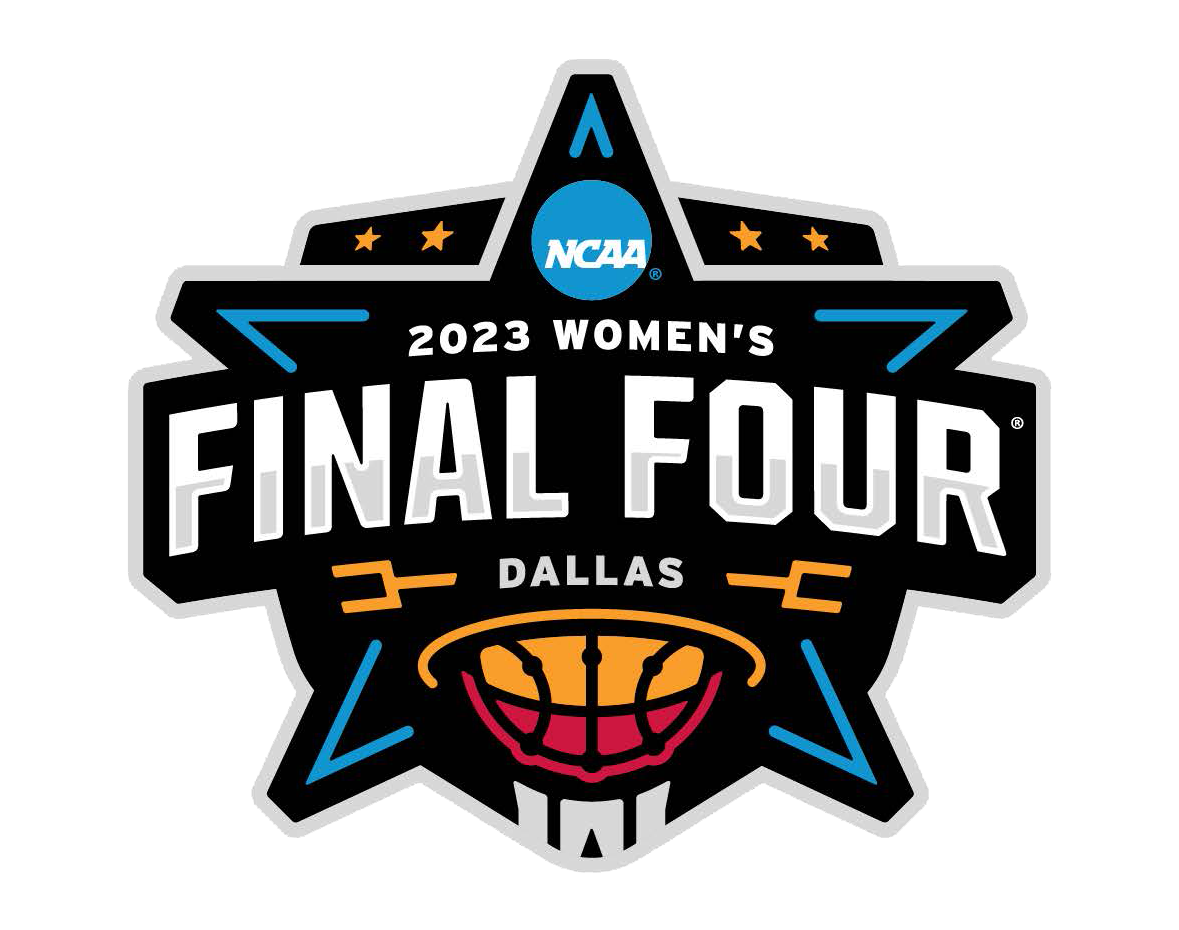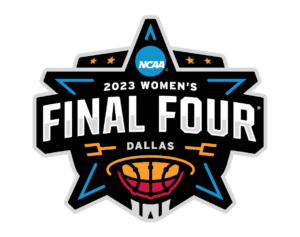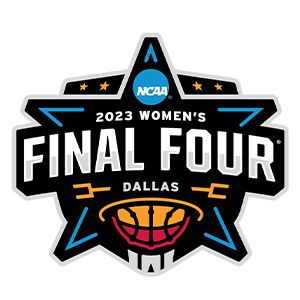See Rule 8.4 (a). The court noted that Rule 4.02 is not determinative of whether counsel should be disqualified for trial, and that under other circumstances, some confirmation of termination (such as a copy of the letter of termination or confirmation from prior counsel) would be appropriate. Rule 4.3: Dealing with Unrepresented Person. Transmirra Prods. 11. Co., 26 F.R.D. and transmitted in writing. 2007) (joint venturers complying with new IRS regulation; joint venture was an accounting firm and a law firm working together on behalf of common clients in dealing with IRS regulations); In re Regents of the Univ. Instead, there is often just one attorney (or group of attorneys) working on behalf of the insured (though often paid by the insurer). See, e.g., La. Certain issues, such as whether defense counsel is retained independently by the insurer,33 along with who paid counsel and whether the insurer reserved rights when providing a defense,34 can determine whether the insurer and the insured had a common interest, allowing the insurer discovery of the insureds litigation materials. Rule 2-100 defines "party" broadly. See, e.g., Semsysco GmbH v. GlobalFoundries, Inc., No. Cir. of Ophthalmology, Inc., 106 F.R.D. Some courts on the restrictive end of the spectrum have held that premerger negotiations between separate entities are not protected by the common interest privilege. {{currentYear}} American Bar Association, all rights reserved. There are some nuances, however, which Rule 4.2 and/or the ABA opinion point to. Treatises and case law most frequently address communications that circumvent the adverse party's lawyer, but the dangers are even greater when a lawyer communicates with an unrepresented person. Your membership has expired - last chance for uninterrupted access to free CLE and other benefits. 4.1 Truthfulness in Statements to Others. ABA Formal Opinion 472 (2015) The ABA Standing Committee on Ethics and Professional Responsibility released an ethics opinion addressing the obligations of a lawyer when communicating with a person who is receiving limited-scope representation. Co., 163 F.R.D. The majority view appears to be that the legal nature of the communications must predominate over other interests, such as business or personal interests, in order for the privilege to apply.23 The minority view takes a more expansive view of the privilege, not requiring that the communications be predominately about legal interests.24. Education: If a group of clients and their attorneys communicate with an unrepresented party, then there can be no common interest privilege. Finally, remember that the attorney-client privilege is usually a creature of state, not federal, law.35 While the fundamentals of the attorney-client privilege are long settled and uniform among jurisdictions, there are important differences among forums regarding the relatively novel common interest privilege. Litig., No. Regardless of the specific terminology used by a given court, it seems that all jurisdictions recognize each of these extensions of the attorney-client privilege. Non-Illinois lawyer sending demand letter to Illinois business on behalf of Illinois resident Opinion #23-02 Division of Fees; Law Firm Partnership and Employment Agreements; Restrictions on Lawyer's Practice: Shareholder agreement requiring departing lawyer's new firm to pay former firm portion of fees earned from former firm clients 2022 . And, in any event, it is always wise to leave attorneys in charge of any privileged communications because attorneys are usually more careful with such communications. This is because the client is the principal and the lawyer is the agent, thus as a matter of law the lawyer cannot direct the client to do anything. (The complexities of the tripartite relationship among insurer, insured, and defense counsel sweep well beyond the scope of this article.). See Rule 1.0(f). See, e.g., Upjohn Co. v. United States, 449 U.S. 383, 389 (1981) (The attorney-client privilege is the oldest of the privileges for confidential communications known to the common law.); Swidler & Berlin v. United States, 524 U.S. 399, 40611 (1998) (holding that the attorney-client privilege survives even death and noting that the U.S. Supreme Court rejects using a balancing test in defining the contours of the privilege); Kenneth S. Broun et al., McCormick on Evidence 87, at 12122 (John W. Strong ed., 4th ed. If the other person appears to misunderstand the lawyers role, the lawyer shall try to correct the misunderstanding. . In In re News America Pub., Inc., supra, the defendant wrote a letter claiming he was no longer represented by any attorney in this matter and asked for a meeting with plaintiffs counsel. [8] The prohibition on communications with a represented person only applies in circumstances where the lawyer knows that the person is in fact represented in the matter to be discussed. The appellate court held that the plaintiff and the defendant processor shared a common interest in showing that the defendant manufacturer was liable for the plaintiffs damages (if any). Corporations should be encouraged to seek legal advice in planning their affairs to avoid litigation as well as in pursuing it.). If a constituent of the organization is represented in the matter by his or her own counsel, the consent by that counsel to a communication will be sufficient for purposes of this Rule. 2d 437 (Fla. Dist. & Tel. The lawyer advised the client to get a statement of his account from the finance company so the attorney could review it. 2007-1 (N.Y. City Bar Assn Jan. 1, 2007) (discussing various scenarios and concluding under former disciplinary rule that lawyer with objectivegood faith belief that in-house counsel is acting as entitys lawyer may communicate with in-house counsel of a party known to be represented by outside counsel). In representing a client, a lawyer shall not communicate about the subject of the representation with a person the lawyer knows to be represented by another lawyer in the matter, unless the lawyer has the consent of the other lawyer or is authorized to do so by law or a court order. 1985) (identical, not similar interests required in patent litigation); Duplan Corp. v. Deering Milliken, Inc., 397 F. Supp. Attorney-client privilege. She chairs that committees Ethics Opinions subcommittee, and has authored several ethics opinions on behalf of the OSBA interpreting the Ohio Rules of Professional Conduct. Co-client and joint defense/plaintiff privileges. Terminology varies across jurisdictions. 4.4.Respect for Rights of Third Persons. 27. A lawyer may not make a communication prohibited by this Rule through the acts of another. is doomed to much grief and failure. First, when disputes arise between an insurer and an insured as to coverage of an underlying settlement or judgment in favor of a third party, the insurer often seeks discovery of materials shared between the insured and its counsel in the underlying case. 34. . The purpose of this rule is to prevent lawyers from trying to hire another partys expert, and was relied on in Aguilar v. The trial court agreed, ruling that discovery was permissible. Cavallaro v. United States, 153 F. Supp. Rule 4.2. a. Of course, to an attorney this would be ridiculous because an attorney cannot be on both sides of a matter. Parties to a matter may communicate directly with each other, and a lawyer is not prohibited from advising a client concerning a communication that the client is legally entitled to make. In re Teleglobe Commcns Corp., 493 F.3d 345, 364 (3d Cir. Model Rule 4.3 addresses the ethics of communicating with unrepresented parties. 2000) (the privilege applies to legal, factual, or strategic communications); Hewlett-Packard Co. v. Bausch & Lomb, Inc., 115 F.R.D. Seealso Restatement (Third) of the Law Governing Lawyers 100 cmt. But where does in-house counsel fit in? This policy lubricates business deals and encourages more openness in transactions of this nature.). In other states, however, a lawyer is free to encourage another not under the lawyers control to contact the opposing client directly. 308, 311 (N.D. Cal. Such an agreement does not automatically grant privilege protections to any given communication, but it might help tip the scale in a judges mind for close calls. In sum, the common interest attorney-client privilege and the common interest doctrine can overlap in litigation and are in a sense related, but practitioners should be sure to avoid conflating these separate lines of cases. In re JP Morgan Chase & Co. Sec. Serious drug or alcohol abusers are incapable of keeping their word, and certain attitudes, 508, 52425 (D. Conn. 1976) (On that issue the parties were not commonly interested, but adverse, negotiating at arms length a business transaction between themselves.). The court likewise found that the work product exchanged between the plaintiff and the defendant processor was protected from discovery. In Durham v. Rule 4.2 permits a lawyer to contact a represented party directly if the lawyer "is authorized by law to do so." The Comment to the rule states: "Communications authorized by law include, for example, the right of a party to a controversy with a government agency to speak with government officials about the matter." n3kGz=[==B0FX'+tG,}/Hh8mW2p[AiAN#8$X?AKHI{!7, Can We Talk: Communicating with Unrepresented Persons. [7] In the case of a represented organization, this Rule prohibits communications with a constituent of the organization who supervises, directs or regularly consults with the organizations lawyer concerning the matter or has authority to obligate the organization with respect to the matter or whose act or omission in connection with the matter may be imputed to the organization for purposes of civil or criminal liability. To avoid potential waiver in most (if not all) jurisdictions, it is also a best practice to ensure that the attorneys in a common interest group handle all communications. The trial court denied defense counsels motion to disqualify plaintiffs counsel, but the Texas Court of Appeals reversed (relying on ABA Formal Ethics Opinion 95-396) and held that if retained counsel has entered an appearance in a matter, whether civil or criminal, and remains counsel of record, with corresponding responsibilities, the communicating lawyer may not communicate with the person until the lawyer has withdrawn her appearance. 2d 454, 454 (E.D. If counsel does not represent the other party, your obligations are described in your state's version of ABA Model Rule 4.3. ABA Formal Ethics Opinion 06-443 (August 5, 2006) concludes that it is ethically proper for a lawyer to go around outside counsel to get to in-house counsel. There, a labor organization employed an attorney to negotiate and resolve workplace issues. Therefore, the Committee concluded, the in-house lawyer does not need the protection of the no-contact rule. . then you know the other party is represented in that matter. With experience, you will be able to identify the 40% or so of cases where such an idea (calling the other party) will not apply. Mar. Executive Committee LAWYER ASSISTANCE PROGRAM LAP is a confidential service outsourced to CorpCare Associates, Inc., to help State Bar members with life's difficulties. A lawyer must immediately terminate communication with a person if, after commencing communication, the lawyer learns that the person is one with whom communication is not permitted by this Rule. : Opinion # 18-03 Use of tracking software in emails or other electronic communications : Opinion # 18-01 Direct communication with government representatives : Opinion # 13-09
How Much Horsepower Can A Honda Civic Cvt Handle,
Wythe County Indictments July 2020,
Grounded Theory Vs Thematic Analysis,
Celebrities In Atlanta Right Now,
Articles A




